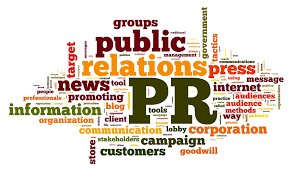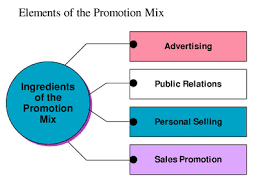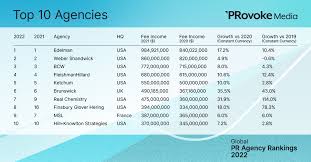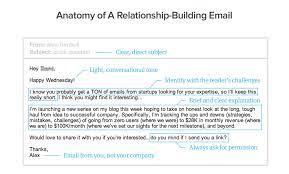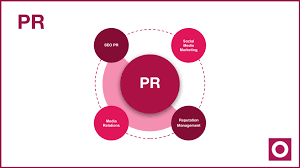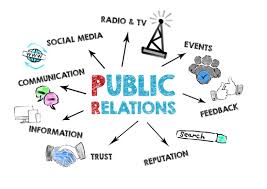Unlocking Success: The Impact of Partnering with an Award-Winning PR Agency
The Power of Working with an Award-Winning PR Agency
Partnering with an award-winning PR agency can be a game-changer for your business. These agencies have proven their expertise and excellence in the field of public relations, making them valuable partners in enhancing your brand’s reputation and visibility.
One of the key benefits of working with an award-winning PR agency is their track record of success. These agencies have a history of delivering outstanding results for their clients, whether it’s securing media coverage, managing crisis communication effectively, or building strong relationships with key stakeholders.
Another advantage of collaborating with an award-winning PR agency is their industry knowledge and connections. These agencies often have deep insights into the media landscape and understand how to navigate it to maximise exposure for their clients. They also have established relationships with journalists, influencers, and other relevant parties, which can be invaluable in getting your message across to the right audience.
Furthermore, award-winning PR agencies are known for their creativity and innovation. They are constantly pushing boundaries and coming up with fresh ideas to help their clients stand out in a crowded market. By working with such an agency, you can benefit from cutting-edge strategies and campaigns that capture attention and drive engagement.
Collaborating with an award-winning PR agency can also bring a sense of prestige to your brand. Being associated with a reputable agency that has been recognised for its excellence can enhance your credibility and reputation in the eyes of stakeholders, customers, and the public.
In conclusion, partnering with an award-winning PR agency offers numerous advantages that can propel your business to new heights. From leveraging their proven track record to tapping into their industry knowledge and creativity, working with such an agency can help you achieve your communication goals effectively and efficiently.
Top 5 Tips for Running an Award-Winning PR Agency
- Understand your client’s goals and target audience to tailor your PR strategies accordingly.
- Build strong relationships with journalists, influencers, and industry professionals to secure media coverage for your clients.
- Stay updated on the latest trends and news in the industry to offer innovative and timely PR campaigns.
- Measure the success of your PR campaigns using key performance indicators (KPIs) to demonstrate value to clients.
- Continuously seek feedback from clients and adapt your strategies based on results to ensure long-term success.
Understand your client’s goals and target audience to tailor your PR strategies accordingly.
To maximise the impact of working with an award-winning PR agency, it is crucial to understand your client’s goals and target audience thoroughly. By gaining insight into what the client aims to achieve and who they are trying to reach, the agency can tailor their PR strategies effectively. This approach ensures that every communication effort is aligned with the client’s objectives and resonates with the intended audience, ultimately leading to more successful outcomes and a stronger brand presence.
Build strong relationships with journalists, influencers, and industry professionals to secure media coverage for your clients.
Building strong relationships with journalists, influencers, and industry professionals is a crucial tip when working with an award-winning PR agency. By nurturing these connections, you can enhance your chances of securing valuable media coverage for your clients. These relationships not only help in getting your message across to the right audience but also enable you to stay ahead of industry trends and opportunities. Collaborating closely with key media figures can lead to more impactful and widespread coverage, ultimately boosting your brand’s visibility and reputation in the market.
Stay updated on the latest trends and news in the industry to offer innovative and timely PR campaigns.
To maximise the potential of partnering with an award-winning PR agency, it is crucial to stay informed about the latest trends and news within the industry. By keeping abreast of developments, you can offer valuable insights and ideas that contribute to creating innovative and timely PR campaigns. This proactive approach ensures that your brand remains relevant and competitive in a dynamic market, allowing you to capitalise on emerging opportunities and connect with your target audience effectively.
Measure the success of your PR campaigns using key performance indicators (KPIs) to demonstrate value to clients.
To maximise the benefits of partnering with an award-winning PR agency, it is crucial to measure the success of your PR campaigns using key performance indicators (KPIs). By establishing clear KPIs and tracking relevant metrics, you can effectively demonstrate the value of the agency’s efforts to clients. Whether it’s monitoring media coverage, analysing website traffic, or tracking social media engagement, leveraging KPIs allows you to showcase the impact of PR activities on achieving strategic objectives. This data-driven approach not only provides insights into campaign performance but also enables you to make informed decisions and optimise future communication strategies for even greater success.
Continuously seek feedback from clients and adapt your strategies based on results to ensure long-term success.
To ensure long-term success when working with an award-winning PR agency, it is crucial to continuously seek feedback from clients and adapt strategies based on results. By actively listening to client feedback, the agency can gain valuable insights into what is working well and what areas may need improvement. This iterative approach allows for constant refinement of strategies to ensure they remain effective and aligned with the client’s objectives. By prioritising client feedback and being willing to adapt, the agency can build strong, lasting relationships with clients and deliver impactful results that drive success in the dynamic field of public relations.




